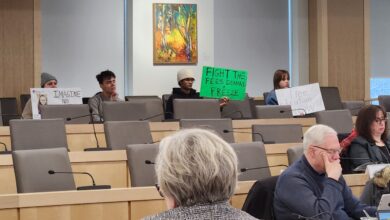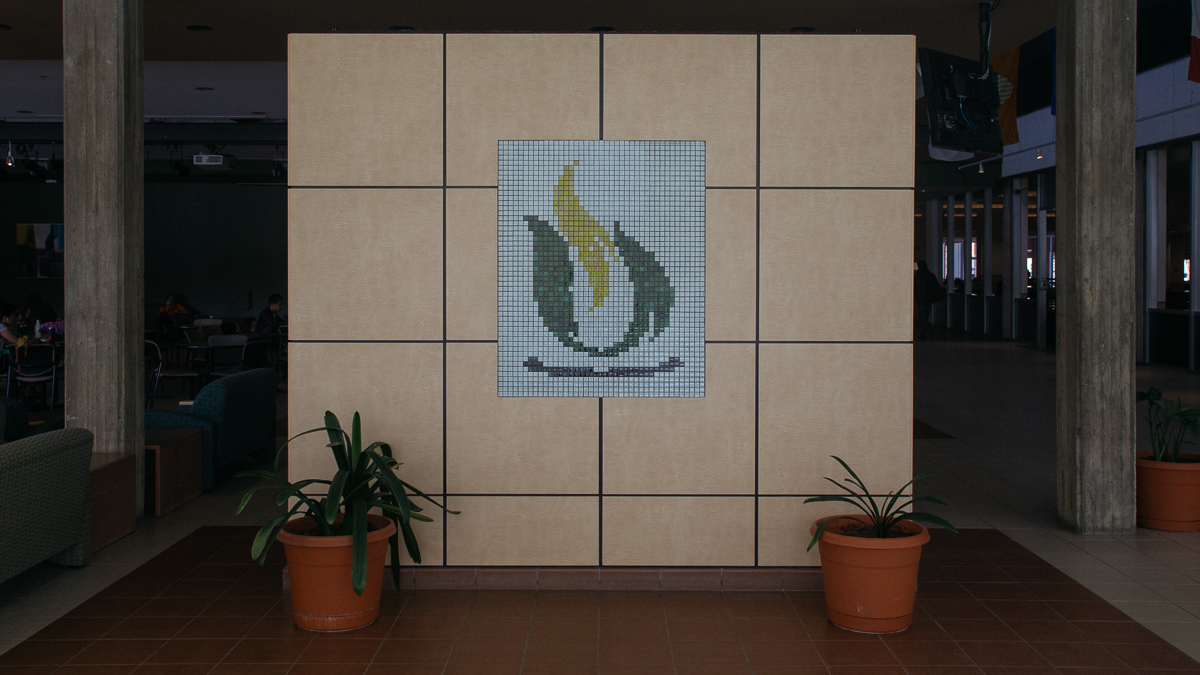 Supplied
SuppliedA 2015 survey conducted by Planned Parenthood defines sexual consent as an “affirmative, conscious, and voluntary agreement to engage in sexual activity.” The same survey suggests, however, that “there are varying beliefs about which behaviors do and do not communicate consent.” Among other things, the study indicates that 19 per cent of people aged 19 to 95 believe that “not saying no” constitutes consent, while 22 per cent believe “engaging in foreplay” constitutes consent. The overarching theme of the study is that people don’t really understand what consent looks like nor do they understand when they should obtain it.
Our understanding of the world begins at birth. We absorb both formal and informal lessons from our culture about what we value and how to interpret and interact with the world around us. As the Planned Parenthood study suggests, the lessons in the adult world regarding consent are foggy at best. Premier Rachel Notley and the NDP government have proposed curriculum changes for students in kindergarten to grade 12, which will include consent education beginning in the elementary years.
To ensure that as many children as possible learn what it means to obtain and give consent, these concepts need to be taught early and consistently as a required part of Alberta curriculum. Schools should provide children with the tools to better understand what their own boundaries are and how to respect the boundaries of others. Providing in-school education on consent from an early age is not only appropriate, it is essential to redefining how the next generation understands consent and decreasing the instance of sexual assault.
The current Alberta kindergarten to grade nine sex-ed curriculum guide makes no explicit mention of consent. The closest it comes is stating that “it is not the absence of no that permits sexual activity; there must be consent by both people before a couple gets involved.” The guide doesn’t specify what consensual and non-consensual situations look like, leaving lots of room for error and confusion depending on the expertise of the teacher. This ambiguity leaves Albertans vulnerable to the same misunderstandings highlighted by the Planned Parenthood study.
Education Minister David Eggan explained that in the elementary years, consent education will revolve around children developing an understanding of needing permission to touch someone, and teaching children that they can choose whether or not to give that consent. Essentially, the curriculum will focus on children respecting the boundaries of others and learning to articulate whether or not they’re comfortable with having physical contact.
Critics have suggested that this sexualizes children; however, there is nothing inherently sexual about consent. However, when children later begin to develop a sexual identity, it is essential that they have an understanding of consent and of their own comfort levels, and have developed a respect for one another. A basic understanding of respect and personal space, two major aspects of consent, will be woven into childhood education before sex even enters the conversation, priming children for age-appropriate education on sexual consent in their middle school and high school years.
Of those surveyed by Planned Parenthood, only 34 per-cent feel that their parents adequately discussed with them how to say no to sex, and only 19 per-cent feel they learned from their parents how to ask for consent from a partner. Although this is an American survey, a similar uncertainty around what constitutes consent permeates Albertan understandings. Our education system has previously fallen short of the mark, but the new curriculum will ensure unambiguous, more consistent, and age-appropriate education on what it means to give and receive consent.




